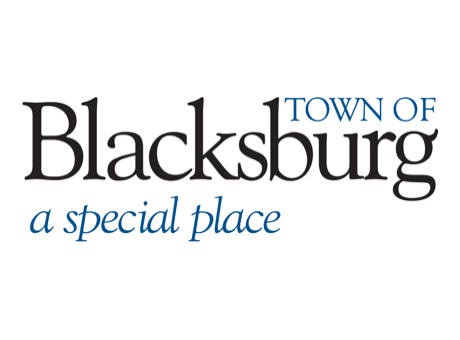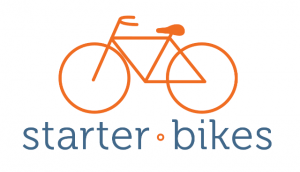Change in a community results from civil, democratic, and probative conversation. Locally-focused documentary theatre working in partnership with non-arts organizations can be an instrument for that conversation.
non-arts organizational partners in my work
My Foundations of Engagement
Empathetic imagination is the capacity to overcome the distance between you and me. The foundation for empathetic imagination is learning to dignify others. Choreographer Liz Lerman teaches that we gain trust by listening and dignifying the conversation. Are we equipped in our society to deliberate rather than debate?
Alvina Krause, founder of the Bloomsburg Theatre Ensemble, advocated that theatre could be an institution in community life on par with the court, the church, and the school. What if we conceived of the arts not just as a topic for planning but also as a tool for planning? The fundamental value of art is that it is a container for complexity.
Anesthetics make us numb.
Aesthetics make us feel.
The arts have imaginative and dialogic possibilities for democratic purposes. Their capacity is so much greater than mere economic development. Theatre can be used to open up one's moral imagination. The power of aesthetic expression is opening up another way of experiencing the world.
The civic practice work championed by Michael Rohd and Sojourn Theatre uses the tools of the arts to meet a community where they are as they work to pursue their intentions and values. In addition to building healthier communities, this connected work with non-arts partners expands the stakeholders who can passionately articulate the value the arts offers its region.
ethics of documentary in community
A central question of documentary art-making is how to enter a community that is not one's own and respectfully work within it. Some documentary theatre artists have burnished their careers on extractive and potentially appropriative work that is not intended for a conversation with its community of origin. Thomas has consistently maintained dialogic networks with interviewees for his documentary theatre projects and provides for their dramaturgical input throughout the adaptation process. Performances of community-based projects are first located in their community of origin before being shared regionally.
“Thomas illustrated great care in his scripting and directing of the material, and his commitment extended to the company of actors and the design team. Frequently, interview-based work raises questions about ethics, particularly around the ownership of the stories being performed / shared. I’ve learned that aesthetics and ethics cannot be separated. Thomas clearly messaged to the audience through his production that he had taken great care in the data collection process, that his code of ethics was clear, and that his interview participants were safe. His attention to ethics tied directly to his aesthetic choices, and I appreciated that very much.”









